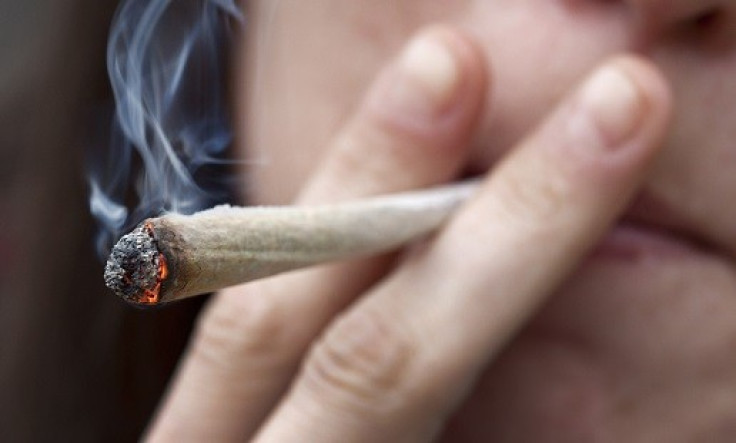Uruguay To Legalise Sale of Marijuana at $1 a Gram [VIDEO]
Uruguay hopes that enforcing rules for production, distribution and sale of cannabis will stop drug violence

Uruguay is set to become the first country in the world to legalise the production and sale of marijuana in a bid to stem drug cartel violence.
The country's drug tsar announced plans to put the sale of marijuana on a legal footing with a price of $1 (£0.60) a gram mooted - cheaper than the current illegal market value of $1.40 a gram.
The legislation was passed through the lower house and is expected to be signed into law by President José Mujic.
It would make Uruguay the first country in the world to license and enforce rules for the production, distribution and sale of marijuana for adult consumers.
Uruguay's National Drug Board chief Jose Calzada told El Pais newspaper: "The illegal market is very risky and offers poor quality". He reassured Uruguayans that the new laws would provide "a safe place to buy, a good quality product and, moreover, will sell at a standard price".
One gram of legal marijuana would be enough for "one marijuana cigarette or two or three slimmer cigarettes" and would be available to purchase by the middle of 2014, he said.
Unlike the US states of Washington and Colorado - which have also legalised marijuana - Uruguay will not tax the drug when it goes on sale.
Calzada said the reform was not about making money but about stopping trafficking and the violence that comes with the selling of illegal drugs.
There will be restrictions under the new legislation. Only Uruguayan citizens will be able to purchase the legal marijuana and will be restricted to a maximum of 40g a month.
The state will also offer advice to users about drug consumption.
According to the National Drug Council, about 120,000 of the 3.3 million Uruguayans smoke marijuana at least once a year. Of these, around 75,000 smoke it at least once a week and 20,000 every day.
The initiative has been met with opposition from rival politicians, who believe the new laws will turn the country into a drug tourism hotspot. A recent poll in the country also suggested that 60% of residents were against the idea.
© Copyright IBTimes 2024. All rights reserved.







